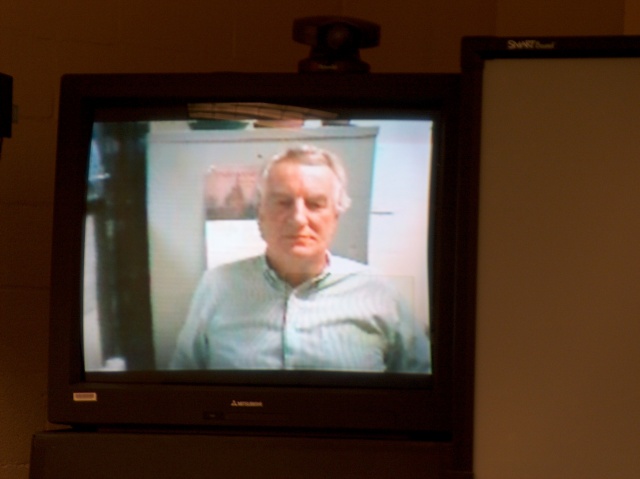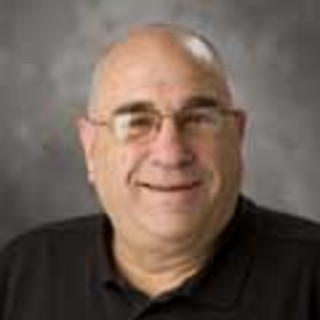
Professor Freddoso diagnoses our contemporary difficulty in conceiving the possibility of miracles as stemming from from an incorrect understanding of the relation between God and creatures. Medieval Aristotelianism and the Case Against Secondary Causation in Nature by Professor Alfred Freddoso.Ĭomment on Van Inwagen's "The Place of Chance in a World Sustained by God" by Professor Alfred Freddoso. The Problem Of Miracles: A Historical And Philosophical Perspective by Professor William Lane Craig.ĭo No Miracles Today Imply None in the Past?: A Critique of Richard Carrier's Methodology by Amy Sayers.Ĥ.2.2 How can miracles occur without God doing violence to the natural order of things? The version reproduced here was taken from a reprint that appeared in the March 1872 number of The Spiritual Magazine under the title "No Antecedent Impossibility in Miracles. This essay was first read at a meeting of the London Dialectical Society it was subsequently presented at one of the "Winter Soirees" on 14 November 1870, and printed the following day in Number 15 of Volume 1 of the London magazine The Spiritualist. Miracles and Modern Scientific Thought by Professor Norman Geisler.Īn Answer to the Arguments of Hume, Lecky and others Against Miracles by Alfred Russel Wallace. For a carefully worded refutation of Hume's logic, scroll down to the section entitled, "Hume's maxim and World-view problems". In The Blackwell Companion to Natural Theology (ed. The Argument from Miracles: A Cumulative Case for the Resurrection of Jesus of Nazareth by Professor Tim McGrew and Lydia McGrew. Search for the word "Hume" and you'll find a sophisticated mathematical refutation of Hume's argument against miracles. Is There Historical Evidence for the Resurrection of Jesus? A debate between Professor William Lane Craig and Professor Bart Ehrman, held on March 28, 2006. If you scroll down to page 43, you'll find a refutation of Hume's logic.

Part of Professor Earman's book on the failure of Hume's argument against miracles can be viewed online here.

Hume's Abject Failure by Professor John Earman. Miracles Article in Stanford Encyclopedia of Philosophy. The following link to an essay by a skeptic who is a fan of Hume contains lots of Hume quotes, and rebuts some of the more simplistic arguments against Hume's rejection of miracles. The Marvelous and the Miraculous by Robert Myers. The only religious concepts which can make philosophical sense out of life are those definite, concrete, truths revealed infallibly by God in His own word."Ĥ.2 Are Miracles Possible? 4.2.1 Are there any good arguments against the possibility of miracles? That is because all men think in the context of a broader worldview which can be internally criticized, even if it utilizes 'religious' concepts. Van Til's presuppositional approach to defending the faith is an effective tool for responding to all kinds of unbelievers, irreligious and religious alike. "Presuppositional apologetics as taught by Cornelius Van Til urges the Christian to argue with unbelievers in an 'indirect' fashion, doing an internal analysis of the unbeliever's worldview (his fundamental assumptions about reality, knowledge, and ethics) and comparing it to the worldview revealed in the Bible. Presuppositional Reasoning and False Faiths by Dr. How do I decide between competing claims to revelation? by Glenn Miller.

DR.WILLIAM EARMAN HOW TO
The case for the Christian revelation 4.1 How to assess the credibility of an alleged divine revelationĤ.7 Was Jesus really the Messiah, as his followers claimed?Ĥ.8 Evidence for the resurrection of JesusĤ.1 How to assess the credibility of an alleged divine revelation I hope you find them as useful as I did.Ĥ. I have found them especially helpful in resolving difficulties for my own Christian belief.

The articles below were selected for their outstanding quality. This page has been created for two types of people: Christians who are struggling with their faith, and honest inquirers of any persuasion who are seeking spiritual truth.


 0 kommentar(er)
0 kommentar(er)
